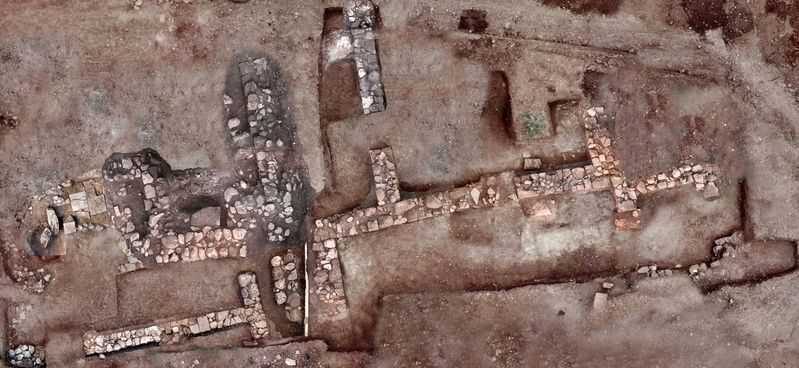Greece: Lost ancient city of Tenea discovered
16 November, 2018

Greece’s culture ministry said Tuesday that archaeologists have located the first tangible remains of a lost city that the ancient Greeks believed was first settled by Trojan captives of war after the sack of Troy.
A ministry statement said excavations from September to early October in the southern Greek region of the Peleponnese turned up “proof of the existence of the ancient city” of Tenea, until now known mostly from ancient texts.
Finds included walls and clay, marble or stone floors of buildings, as well as household pottery, a bone gaming die and more than 200 coins dating from the fourth century B.C. to late Roman times.
A pottery jar containing the remains of two human fetuses was also found amid the foundations of one building. That was unusual, as the ancient Greeks typically buried their dead in organized cemeteries outside the city walls.
Lead archaeologist Elena Korka, who has been excavating in the area since 2013, told The Associated Press that her team had only been digging in the rich cemeteries surrounding Tenea until this year. In one, antiquities smugglers dug up two remarkable sixth century B.C. marble statues of young men in 2010 and tried to sell them for €10 million.
“This year we excavated part of the city itself,” Korka said.
Excavation work continues on the cemeteries, located near the modern village of Hiliomodi about 100 kilometers southwest of Athens.
TAG(s):
